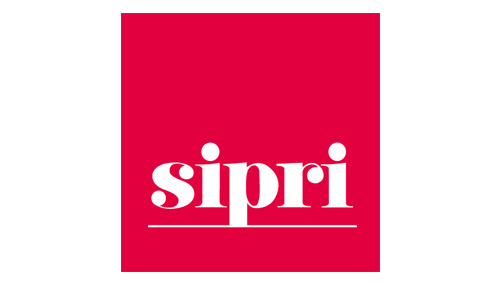This report by Ruben de Koning, through the Stockholm International Peace Research Institute (SIPRI, 2008), assesses the ressource-conflict links in Sierra Leone and the Democratic Republic of the Congo.
“Resource revenues have proven to weaken and corrupt several governments in West and Central Africa. In turn, rebel groups are often able to finance their struggles by tapping into resource sectors. This so-called ‘resource curse’ scenario has inspired national and international policies and interventions aimed at defusing resource driven war economies and at restoring natural resource governance. This paper focuses on policies and interventions targeted at the mining sectors of Sierra Leone and the Democratic Republic of the Congo (DRC). It finds that, in general, blocking rebel groups’ access to resources resulted in better outcomes for peace than using resources to accommodate rebel parties, but that the means and political will to do so fell short in the DRC. It argues that although mining sector legal reforms are necessary elements of both countries’ reconstruction, it remains questionable whether such reforms alone can guarantee stability. It demonstrates that current legal reforms fail to accommodate artisan miners and the local communities they support. Unless their property rights are secured, patterns of labour exploitation, expropriation and marginalization will continue and jeopardize the current level of peace achieved in both countries.”
